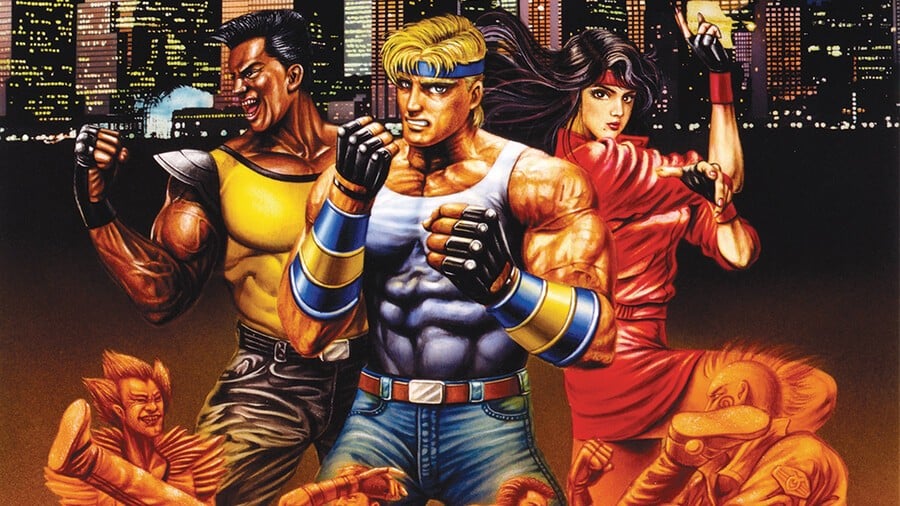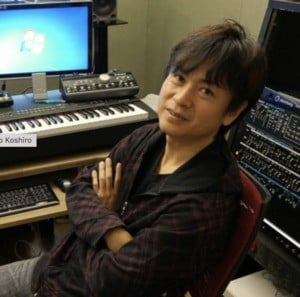
If you've been gaming for a while, then the name Yuzo Koshiro might be familiar to you. He's the legendary composer behind the likes of ActRaiser, Street of Rage and Etrian Odyssey, and also co-owns the Japanese studio Ancient – responsible for titles like Beyond Oasis / Story of Thor, Gotta Protectors and Car Battler Joe.
The reason Koshiro's name sticks out isn't just because he's one of the most famous composers working in the field of video games, though – it's because he's in the unique position of having his name on the title screen of many of the games he has worked on.

In the early '90s, before the internet arrived and allowed us to seek out information on Japanese developers with relative ease, his was a moniker that instantly stood out – largely because, whenever you booted up Streets of Rage 2, it was right there on the title screen.
Why did Koshiro get this treatment at a time when many Japanese companies didn't even credit their staff properly? Well, it all comes down to Koshiro's relationship with Nihon Falcom, the maker of the Ys series of JRPGs.
Koshiro touched upon this in a discussion with Untold History of Japanese Game Developers author (and Time Extension contributor) John Szczepaniak:
It's always the case that Falcom don't credit me. I know they don't credit me, but I don't know why. I don't know if it's because of some company reason. In terms of vinyl records or cassette tapes, or games, that were released when I was in Falcom, they did credit me. But after I left, any CDs or anything published, including games, whenever my music was used in those things, they never credited me.
Koshiro's mother Tomo Koshiro – who co-founded Ancient with him and his sister Ayano back in 1990 – was the one who came up with the idea of having him credited on the title screen of games he worked on:
It was actually my mother's idea to have my name credited and displayed on the screen! <laughs> As I described, there were some difficulties with Falcom, and I think my mother had that in mind as well. I think my mother always had the idea that the composer should have rights. I think she felt the same way for games, that composers should declare their rights for the music that they compose.
So, if you've ever seen the name 'Yuzo Koshiro' and pondered where you remember it from, you have his mother to thank for it – but, joking aside, it's remarkable that he was able to achieve this kind of recognition at a point where many Japanese developers, programmers, artists and musicians either went totally uncredited or were forced to use pseudonyms to avoid being head-hunted by rival companies.





